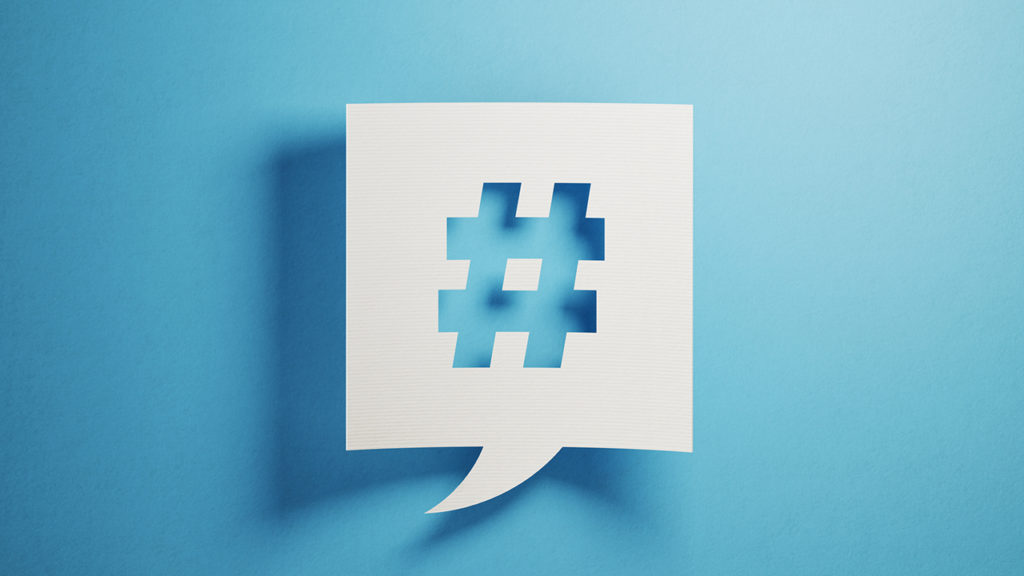This week in social, Twitter announced it plans to delete accounts that have been inactive for six months and Facebook is testing a feature that would let users share messenger stories with selected friends.
Twitter Will Delete Accounts That Have Been Inactive For Six Months
According to BBC’s David Lee, Twitter will start deleting accounts on December 11.
Why it matters: Twitter’s plan to purge inactive accounts will free up usernames for active users.
The details: A spokesperson told The Verge that the platform’s goal with the purge is to “present more accurate, credible information that people can trust across Twitter.” Any accounts that haven’t logged in for the past six months will be considered inactive and deleted by Twitter over the course of the next several months.
Facebook Tests Options To Share Messenger Stories With Select Group Of Friends
The feature would enable users to share Facebook and Messenger Stories with friends and family of their choice.
Why it matters: Should Facebook make the feature available to everyone, it would give brands a way to add a level of exclusivity to interactions with consumers and help foster brand loyalty. The tool is similar to the Instagram’s “Close Friends” sharing option, launched in December 2018.
The details: With a potential new “Favorites” list, Facebook users can share Stories with select users that they include in their list.
Work Video Messenger Loom Streamlines Workplace Communication
According to TechCrunch, the Loom app, which launched in 2016, allows co-workers to communicate their message via video.
Why it matters: Loom-style asynchronous video messaging makes the app a potential competitor for Slack and Microsoft Teams. Yet Loom’s co-founder and CEO Joe Thomas notes that Loom is a complementary tool to chat.
The details: The Loom app lets users send short clips of themselves to streamline communication in the workplace. The company has grown from 1.1 million users and 18,000 companies using it to 1.8 million people at 50,000 companies, with 15 million minutes of Loom videos shared per month. The company announced it raised $30 million in a round, and has recently welcomed Instagram co-founders Mike Krieger and Kevin Systrom as new investors.
Facebook Buys Virtual Reality Studio Behind Rhythm Game Beat Saber
Facebook announced today it’s buying Beat Games, the game studio responsible for one of the platform’s biggest titles: Beat Saber.
Why it matters: The move indicates Facebook’s potential interest in following the strategies of Sony and Microsoft who have also bought small studios and funded new titles.
The details: Facebook’s new studio will join Oculus Studios, but will operate independently at its Prague headquarters. Facebook says that it’s not after platform exclusivity, and that Beat Games will still support the platforms that it’s already on.
Twitter Expands “Hide Tweet Replies” To All Users Globally
After the platform performed months of testing, Twitter users can now hide replies to their tweets.
Why it matters: Giving users better control over tweet engagement represents Twitter’s latest efforts to amplify the “healthy conversations” initiative it launched in March 2018, responding to users’ reported abuse and harassment.
The details: Twitter users will now have the option to hide replies to tweets, which doesn’t delete replies, but rather moves them to a separate page. When the test first began, among Canadian Twitter users, Twitter found that people use the feature to hide replies that are irrelevant, off-topic, or annoying. It also found that 85 percent of the people who used the feature are not using block or mute functions.
The Number Of YouTube Creators Earning Five Figures Has Increased More Than 40 Percent
In her final quarterly update of 2019, YouTube CEO Susan Wojcicki details the platform’s developments in copyright claims, content guidelines and monetization tools.
Why it matters: The changes YouTube made to streamline creators’ experience proves that it’s taking influencers’ feedback into consideration, a move that has helped boost the YouTube economy.
The details: Wojcicki said that compared to last year, the number of YouTube creators with a million or more subscribers has grown 65 percent, and influencers earning five or six figures annually has grown by more than 40 percent. In response to the copyright strikes creators face on the platform, Wojcicki said YouTube removed the final incentive to claim “very short and unintentional music use.” She also noted that the platform’s “Super Chat” feature, which allows fans to buy credits to have their comments featured in live-streams, have allowed some streams to earn more than $400 per minute.
Twitter Testing Two-Factor Authentication Feature Without Need For A Phone Number
According to TechCrunch, the update comes after Twitter CEO Jack Dorsey’s own Twitter account was hacked through a SIM swap.
Why it matters: In October, Twitter admitted to inadvertently using phone numbers provided during two-factor setup for serving targeted ads. That coupled with the fact that many people have had their phone numbers hijacked via SIM swapping, and it’s clear to see why Twitter is making an effort to protect users’ information.
The details: For many years, Twitter made SMS-based two-factor authentication mandatory, forcing many users to give up their phone number. Now, the platform is rolling out the feature without the need for a phone number to a select group of users.
Editor’s Note: Our weekly social media news post is updated daily. This installment will be updated until Friday, November 29. Have a news tip? We’re looking for changes to and news surrounding social media platforms as they relate to marketing. Let us know at editorial@alistdaily.com.

